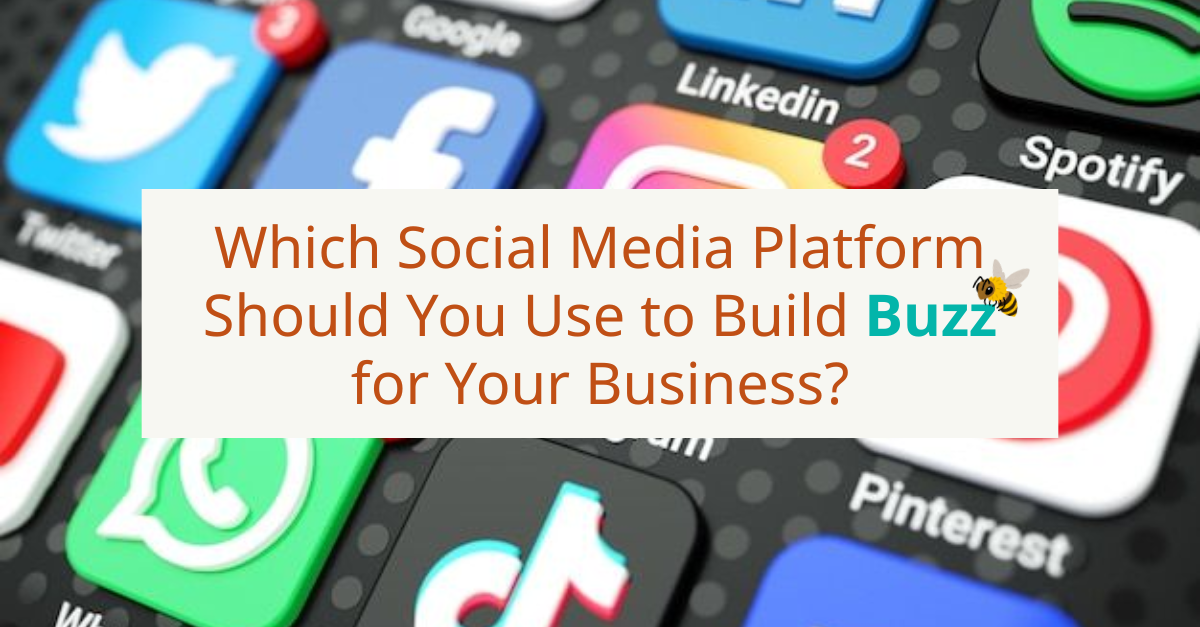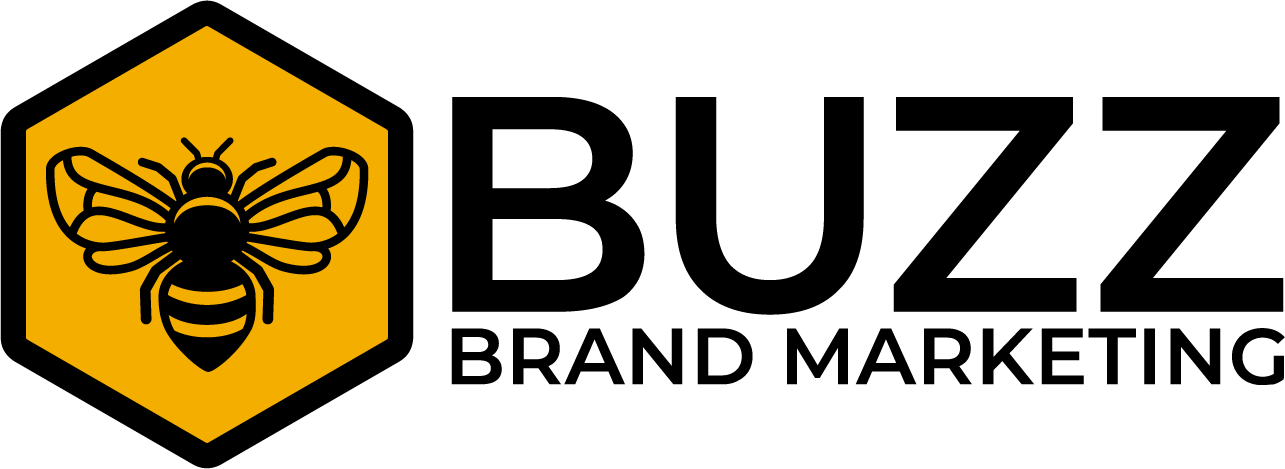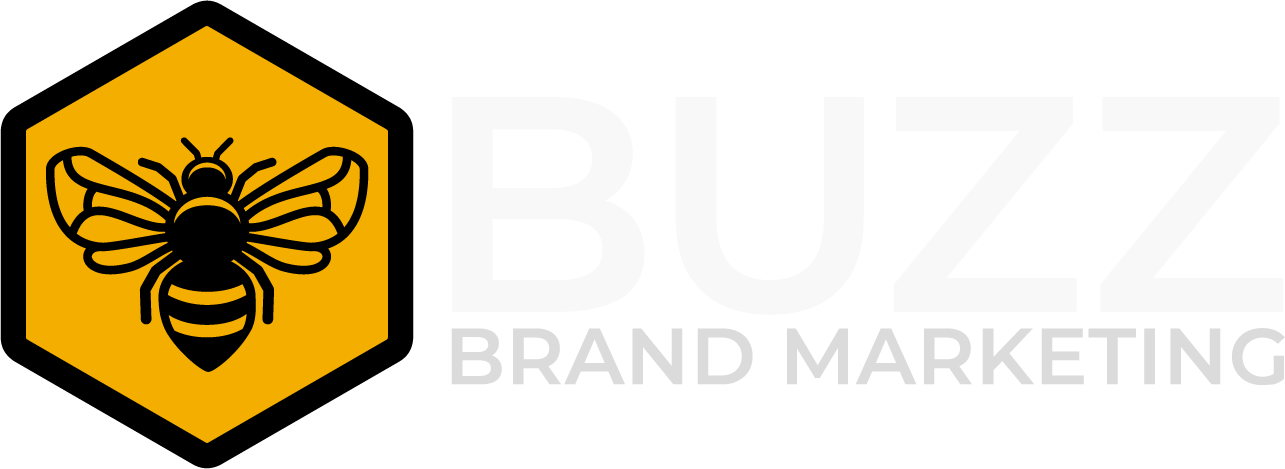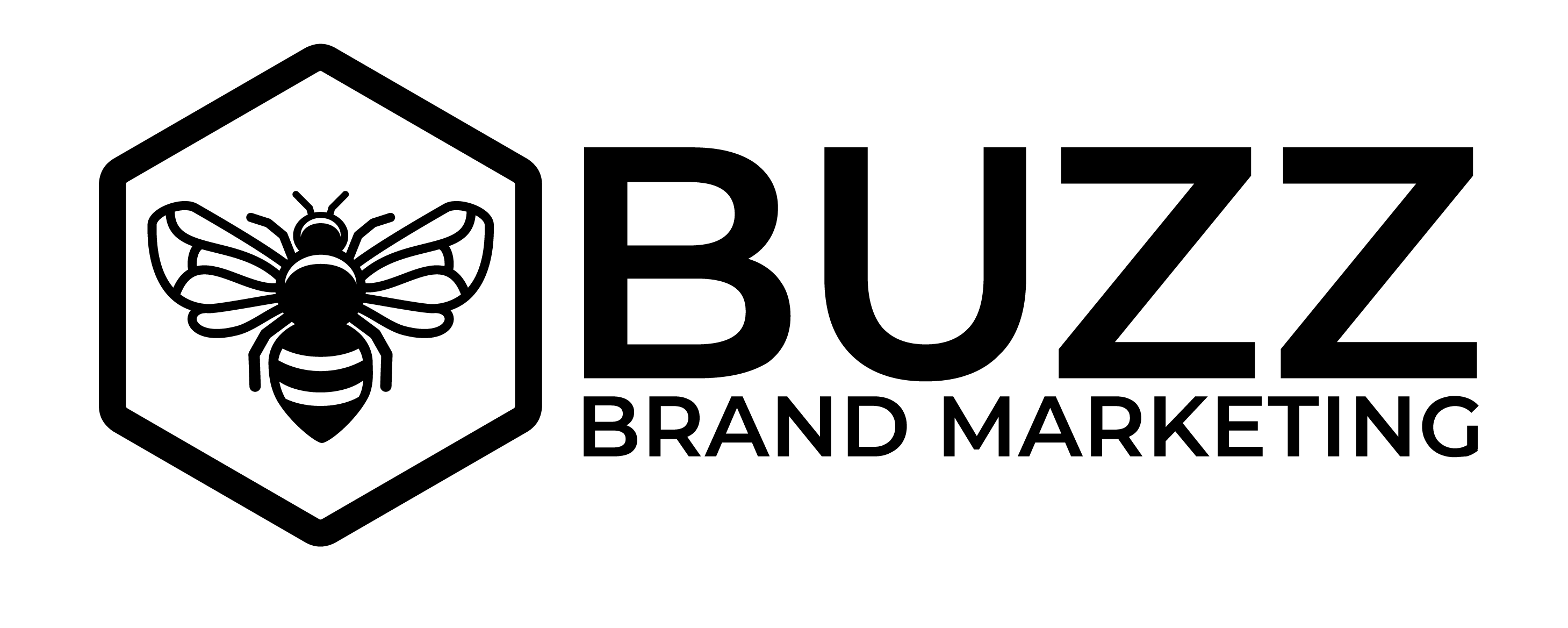When it comes to building buzz for your business, social media isn’t optional, it’s essential. But with so many platforms available, how do you know where to focus your energy? Should you be on Instagram, LinkedIn, TikTok, or all of them?
The truth is, not every platform is right for every business. Choosing the right one depends on your audience, your goals, and the type of content you can consistently create.
Why Choosing the Right Platform Matters

Spreading yourself too thin across every platform usually leads to inconsistent posting and weaker results. Instead, you’ll get better engagement if you focus on the platform where your audience already spends time and where your strengths shine.
Think of social media like a networking event. You wouldn’t try to attend five parties at once—you’d pick the one where the right people are gathered. The same goes for your business online.
So, let’s explore the most popular platforms in 2025, how they work, and real-life examples of how businesses use them to generate buzz and sales.
1. Facebook – Best for Building Community and Running Ads
Facebook continues to be one of the best social media platforms for small businesses because of its reach across multiple age groups and its powerful advertising tools.
Best for: Community building, customer service, targeted ads.
Example: A local fitness studio runs a Facebook Group where members share workout tips, nutrition advice, and class updates. This sense of community keeps people engaged and loyal.
2. Instagram – Best for Visual Branding and Storytelling
Instagram is one of the top social media marketing platforms for brand awareness. It thrives on visual storytelling and connection.
Best for: Brands with strong visuals, lifestyle products, behind-the-scenes content.
Example: A skincare brand uses Reels to show quick before-and-after results, while carousel posts break down routines. This mix boosts both engagement and trust.
3. LinkedIn – Best for B2B Marketing and Thought Leadership
LinkedIn is the go-to for professional networking and lead generation. It’s where B2B businesses build credibility and authority.
Best for: Consultants, agencies, service providers, and B2B brands.
Example: A marketing agency shares case studies with real client results. Pairing data with insights positions them as experts and attracts business owners seeking solutions.
Get more buzz worthy marketing tips from us! Let’s connect on LinkedIn: https://www.linkedin.com/company/buzzbrandmarketing
4. TikTok – Best for Brand Personality and Viral Reach
TikTok is still growing fast and is one of the best platforms for organic reach. Businesses that lean into trends and short-form videos often see quick growth.
Best for: Brands that want to show personality, create viral content, and reach younger audiences.
Example: A coffee shop films “day in the life of a barista” videos and latte art challenges. These fun, human moments bring in local customers and boost online visibility.
5. X (formerly Twitter) – Best for Real-Time Marketing
X is ideal for real-time conversations, industry news, and thought leadership. It works best for fast-moving industries where trends change quickly.
Best for: Tech companies, thought leaders, brands with a bold voice.
Example: A SaaS founder shares quick insights about AI developments as they happen. These timely posts attract journalists, investors, and early adopters.
6. Pinterest – Best for Evergreen Content and Long-Term Leads
Pinterest functions more like a search engine for inspiration than a social platform. Content has a long shelf life here.
Best for: Lifestyle brands, eCommerce, businesses with visual and educational content.
Example: A wedding planner posts “dream wedding checklists” and venue inspiration boards. Couples save them and return months later when they’re ready to book.
How to Decide Which Platform Is Best for You
Still not sure where to focus? Here’s a quick framework:
-
Know your audience – Where do they hang out most?
-
Clarify your goals – Is it awareness, leads, or community-building?
-
Match your content style – Are you better at writing, visuals, or video?
-
Check your capacity – Can you stay consistent on that platform?
You don’t have to be everywhere. You just need to be where it matters most for your brand.
Final Thoughts: Still Unsure? Let’s Talk
Your social media strategy should feel intentional, not overwhelming. If you’re still unsure which platform makes sense for your business, let’s talk. We’ll help you build a marketing plan that not only fits your goals but also gets real results.
And if you want to dive deeper into building a strong foundation for your brand, we recommend also reading The 5 Essential Elements of Brand Building (2025 Guide)






